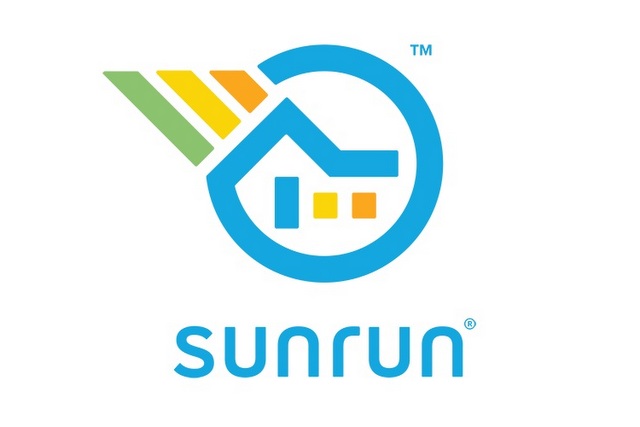Sunrun Inc. is bringing its Brightbox home solar, battery service and virtual power plant aspirations to customers in Vermont starting this month. Vermont households can get Sunrun’s solar-powered home battery, Brightbox, for no money down and a low monthly rate, plus possibly enroll with Sunrun in Green Mountain Power’s (GMP) bring-your-own-device (BYOD) battery program which will pool home batteries across the state to provide grid services.
Sunrun’s partnership with Green Mountain Power will expand the reach of its residential battery programs that operate as “virtual power plants” and increases the use of local clean energy in Vermont. In this program, GMP and Sunrun have worked together to identify new ways to expand how batteries support customers and the overall energy system. Sunrun will also aggregate and manage the energy of all enrolled Brightbox home solar and battery systems, providing additional value to customers. Sunrun will optimize when solar power is consumed by homeowners to maximize carbon emission reductions, and over the course of the program will continue to identify new ways for Brightbox to increase resiliency and reduce costs for the entire energy grid.
GMP has had success leveraging batteries as a source of clean, affordable energy. During a heatwave in July 2017, GMP was able to save its customers $500,000 in just one hour by using the electricity from its hundreds of local batteries. Sunrun now offers its Brightbox service in nine states and Puerto Rico.
Don’t forget the backup
All of the cool VPP stuff aside, Vermont homeowners could really use these batteries as backup right now — Vermont residents face the longest blackout times compared to every other state besides Montana. For a typical customer, Brightbox can provide approximately 8 to 12 hours of backup electricity. Brightbox will power four essential circuits of a customer’s choosing in their home. For example, circuits that many customers choose to backup include the garage door, kitchen, WiFi internet, and lighting.
Home battery programs are growing in popularity as utilities increasingly see the value and resilience afforded to the electricity system by residential solar and battery storage, particularly as an alternative to burning dirty “peaker” plants that burn fossil fuels for electricity. Nearly all the states across the Northeast have either proposed or are currently implementing similar types of programs.
— Solar Builder magazine


Leave a Reply
You must be logged in to post a comment.